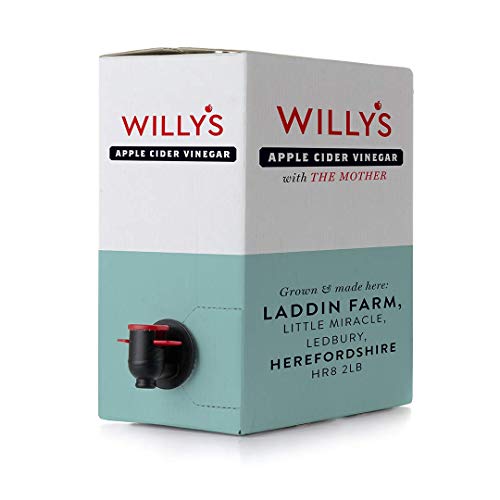Introduction to Apple Cider Vinegar: What Is It and Why Should We Care?
Understanding Apple Cider Vinegar
Apple cider vinegar is a type of vinegar made from fermented apple juice, and it has been around for centuries. It undergoes a two-step fermentation process where apple juice is first turned into alcohol and then into vinegar. This natural product has gained popularity not just for its culinary uses but also for its potential health benefits. We care about apple cider vinegar because it’s a versatile ingredient that can easily fit into our diets and routines.
Why You Might Consider Apple Cider Vinegar
Many people keep apple cider vinegar handy for its various uses. From salad dressings to marinades, its tangy flavour can enhance many dishes. But beyond the kitchen, we might consider it due to the multitude of health claims that surround it. People talk about it aiding digestion, helping with weight loss, and possibly lowering blood sugar levels. With so much buzz, it’s worth looking into whether apple cider vinegar can be a valuable addition to our daily lives.
Health Benefits of Apple Cider Vinegar: Real Science vs. Hype
Digging Into the Claims
The potential health benefits of apple cider vinegar are certainly intriguing. Some studies suggest that it may help improve insulin sensitivity and lower blood sugar levels after meals. This can be particularly helpful for those looking to manage their blood sugar, including individuals with diabetes. Additionally, some evidence shows that apple cider vinegar could support weight loss by promoting a feeling of fullness.
What the Research Says
While there are exciting claims, we need to consider the science behind them. Not all studies are conclusive, and many are based on small sample sizes or animal testing. The effects of apple cider vinegar may also differ from person to person. It’s clear that while there are potential benefits, we should approach these claims with a balanced perspective and consult healthcare professionals if we have specific health concerns.
How to Choose the Right Apple Cider Vinegar: Our Top Tips
Understanding Types of Apple Cider Vinegar
When we look for apple cider vinegar, we’ll notice options like filtered, unfiltered, organic, and raw. Raw and unfiltered varieties often contain the ‘mother,’ a colony of beneficial bacteria that form during fermentation. This is what many recommend choosing, as it can enhance the health benefits associated with the vinegar. Organic options are also popular because they are made from organically grown apples, reducing our exposure to pesticides.
Reading Labels and Ingredients
We should pay attention to labels. A good apple cider vinegar will list apples as its main ingredient, without added sugars or artificial colours. Checking for certifications, like organic or raw, can also guide us towards higher-quality products. Ensuring that the vinegar we select lists a proper fermentation process on the label can also indicate a product that maintains more beneficial properties.
Ways to Use Apple Cider Vinegar in Your Daily Routine: Quick and Easy Applications
Integrating Apple Cider Vinegar into Meals
Adding apple cider vinegar to our meals can be simple and delicious. We can mix it into salad dressings, toss some into marinades for meats, or even add a splash to our soups for an extra zing. For those who prefer a drink, mixing a spoonful in water or herbal tea can create a refreshing beverage. Remember to start with small amounts to see how our bodies react.
Creative Uses Beyond the Kitchen
Apple cider vinegar isn’t just for consumption; it has numerous household uses as well. It can serve as a natural cleaner, thanks to its antimicrobial properties. We can mix it with water and use it to wipe down surfaces. Additionally, some people use it in beauty routines, diluting it for skin toners or hair rinses to promote shine and scalp health.





















